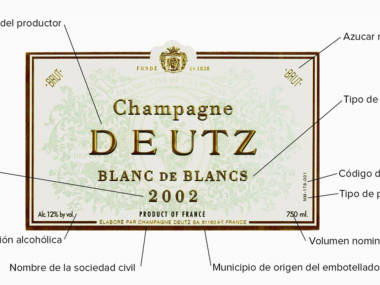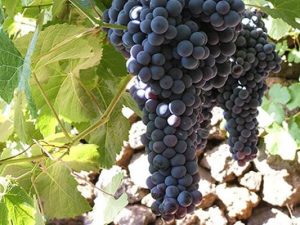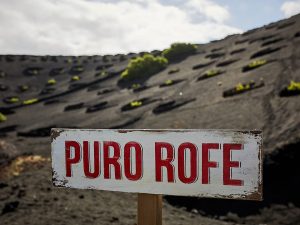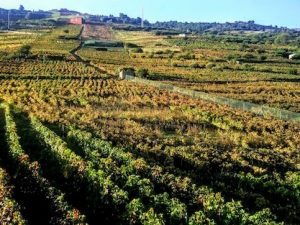There is an increasingly wide range of wines to suit all tastes. One of the latest novelties are vegan wines. But what exactly does it mean for a wine to be vegan?
Like any vegan food, drink or product, a vegan wine is one that does not include ingredients of animal origin in its production. But, where are animal ingredients usually used in traditional wines?

The key lies in fining. At this stage, in traditional wines we can find ingredients such as egg albumin, casein (a protein derived from milk), ichthyocolla (which comes from the swim bladder of some fish) and gelatine (which is usually extracted from fish cartilage).
This is why traditional wines are forbidden territory for those who follow a vegan diet. As an alternative for fining, vegan wines use peas, potato, wheat, carrageenan (a substance that comes from seaweed) or, most commonly, bentonite, which is clay powder.

It is important not to confuse vegan wines with organic or natural wines, as vegan wines, unlike the latter two, do not have a regulated amount of sulphites (a chemical preservative) added.
Although there is no official certification for these wines, many of them can be identified thanks to the V-Label certificate. Wines with V-Label have a green or yellow V-Label label.

Some examples of vegan wines that can be found on the market are those of Aalto, Marqués de Riscal, Juvé & Camps and Juan Gil, among many others.






